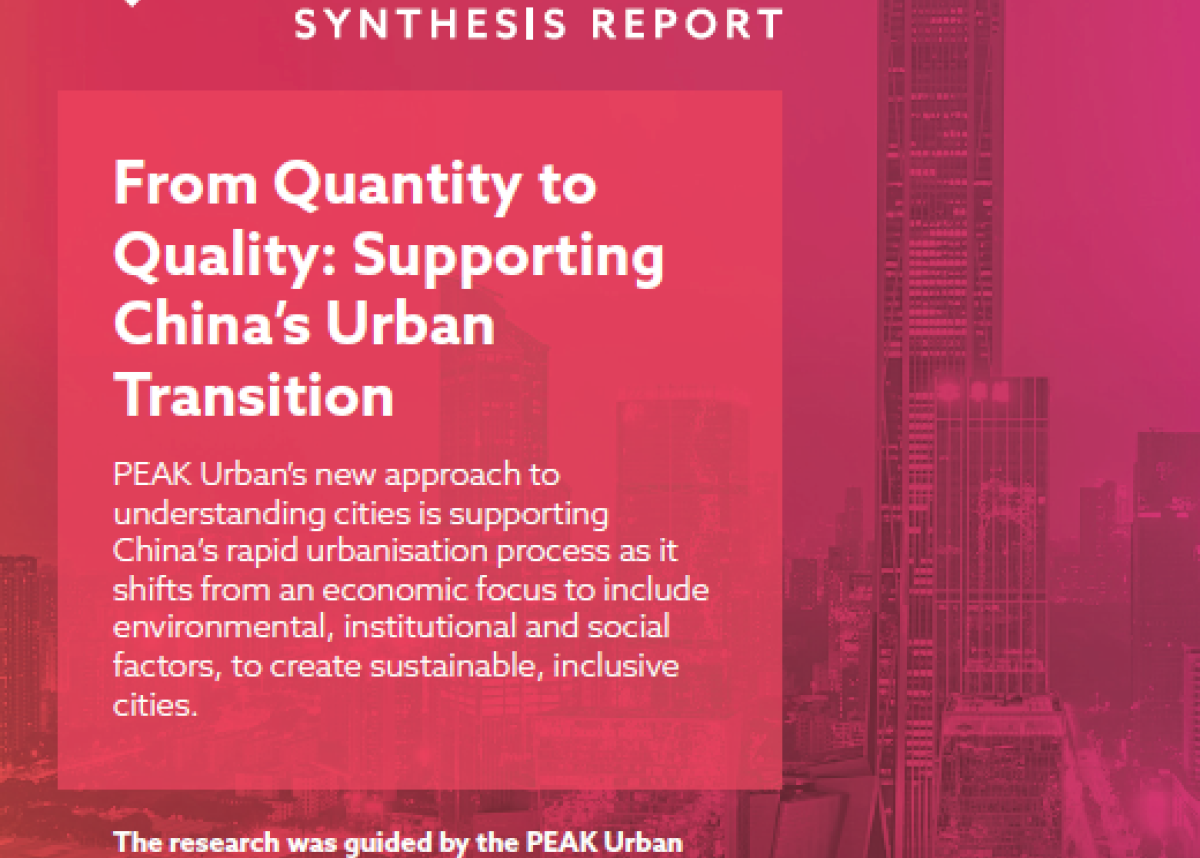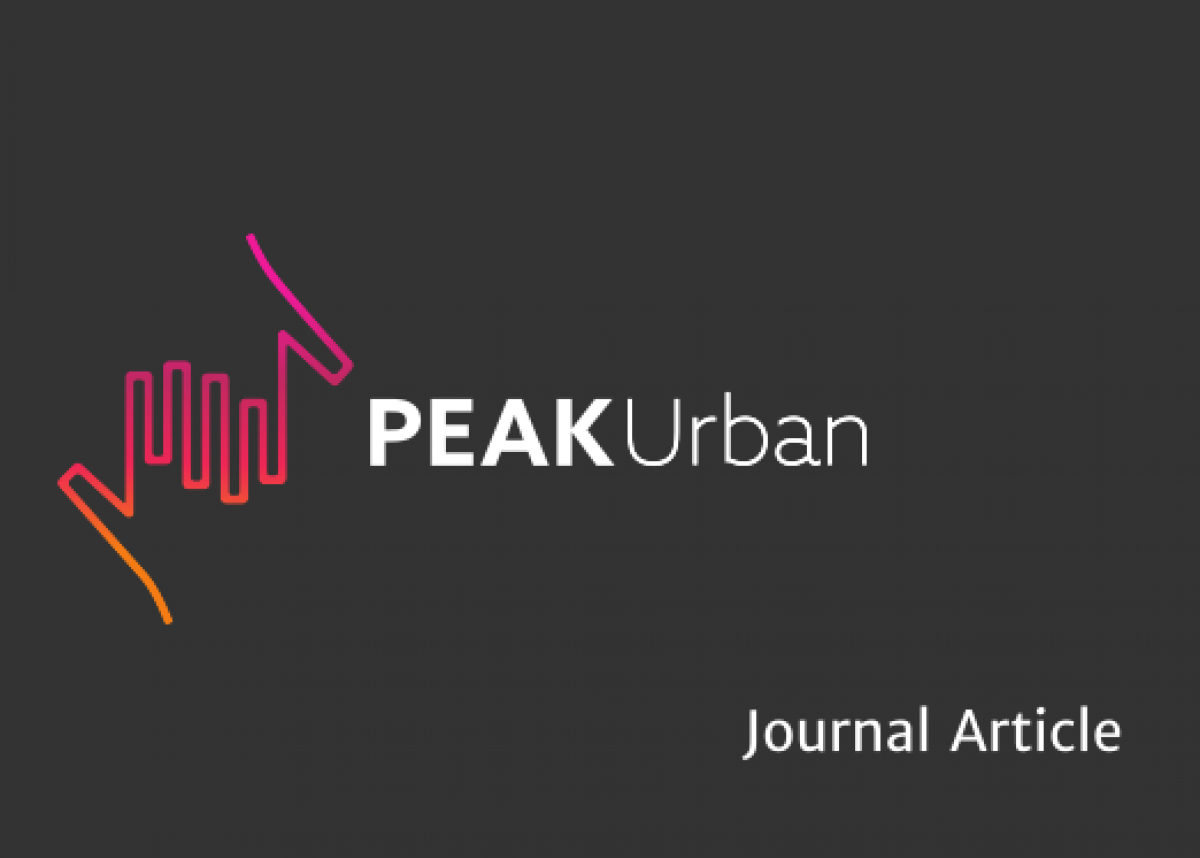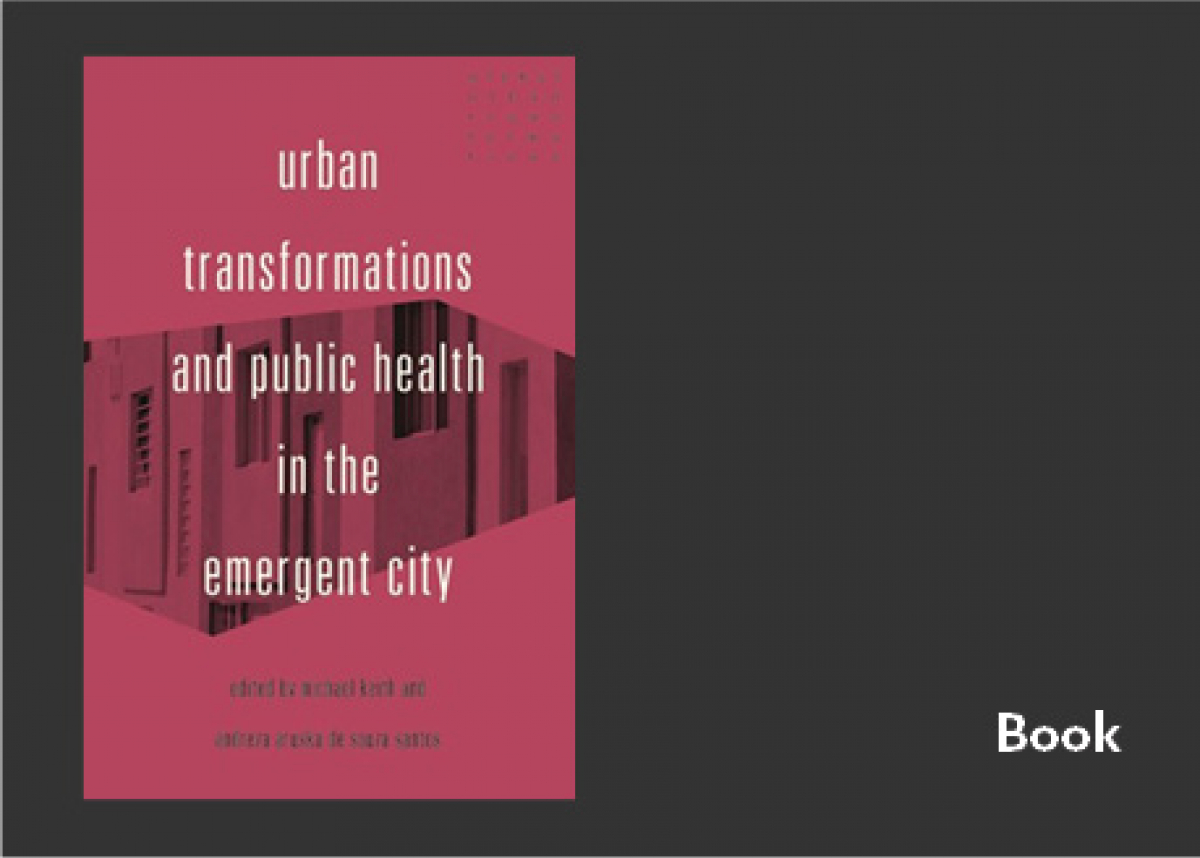
A geographically weighted regression model for health improvement: insights from extension of life expectancy in China
Health improvement is an important social development goal for every country. By using a geographical weighted regression (GWR) model on the 5th and 6th censuses data, this paper analyzes the spatially varied influencing factors of the change in life expectancy of residents in Chinese cities.
The results indicate that: (1) The initial level of life expectancy may have a negative correlation with its increase, indicating that life expectancy in different areas may eventually converge to a higher level; moreover, the degree of convergence of life expectancy in cities with different economic development levels is variant. (2) Results of geographically weighted regression model demonstrate significant spatial heterogeneity in the effects of the level of economic development, medical conditions, demographic structure, and natural environment on health improvement.
Natural conditions, such as topography, dictate the change in life expectancy in most cities in the middle eastern region of China. Change of educational level is the leading factor in the vast western region while the change in birth rate is the most critical in Xinjiang. Thus, local-based strategies are critical for solving health problems, especially with a focus on promoting health conditions in middle-income and low-income areas.



